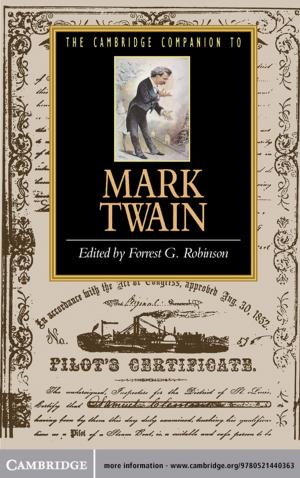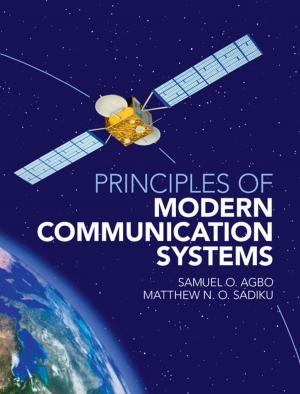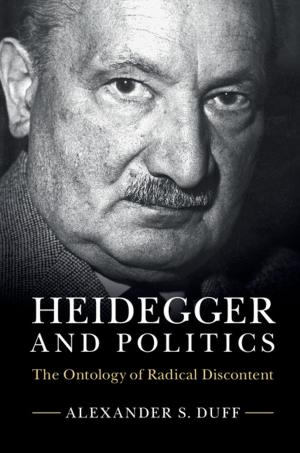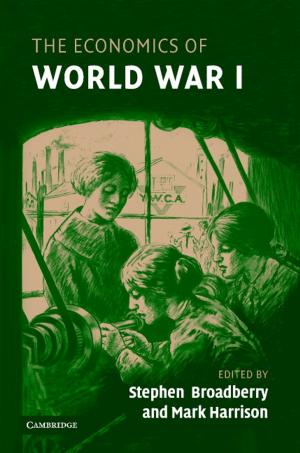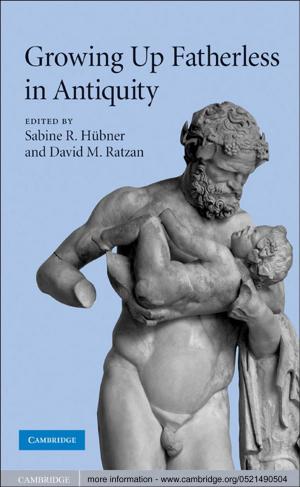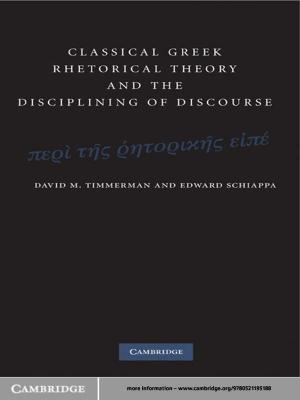| Author: | Williamson Murray | ISBN: | 9781139124713 |
| Publisher: | Cambridge University Press | Publication: | September 30, 2011 |
| Imprint: | Cambridge University Press | Language: | English |
| Author: | Williamson Murray |
| ISBN: | 9781139124713 |
| Publisher: | Cambridge University Press |
| Publication: | September 30, 2011 |
| Imprint: | Cambridge University Press |
| Language: | English |
This collection of articles represents Professor Williamson Murray's efforts to elucidate the role that history should play in thinking about both the present and the future. They reflect three disparate themes in Professor Murray's work: his deep fascination with history and those who have acted in the past; his fascination with the similarities in human behavior between the past and the present; and his belief that the study of military and strategic history can be of real use to those who will confront the daunting problems of war and peace in the twenty-first century. The first group of essays addresses the relevance of history to an understanding of the present and to an understanding of the possibilities of the future. The second addresses the possible direct uses of history to think through the problems involved in the creation of effective military institutions. The final group represents historical case studies that serve to illuminate the present.
This collection of articles represents Professor Williamson Murray's efforts to elucidate the role that history should play in thinking about both the present and the future. They reflect three disparate themes in Professor Murray's work: his deep fascination with history and those who have acted in the past; his fascination with the similarities in human behavior between the past and the present; and his belief that the study of military and strategic history can be of real use to those who will confront the daunting problems of war and peace in the twenty-first century. The first group of essays addresses the relevance of history to an understanding of the present and to an understanding of the possibilities of the future. The second addresses the possible direct uses of history to think through the problems involved in the creation of effective military institutions. The final group represents historical case studies that serve to illuminate the present.






